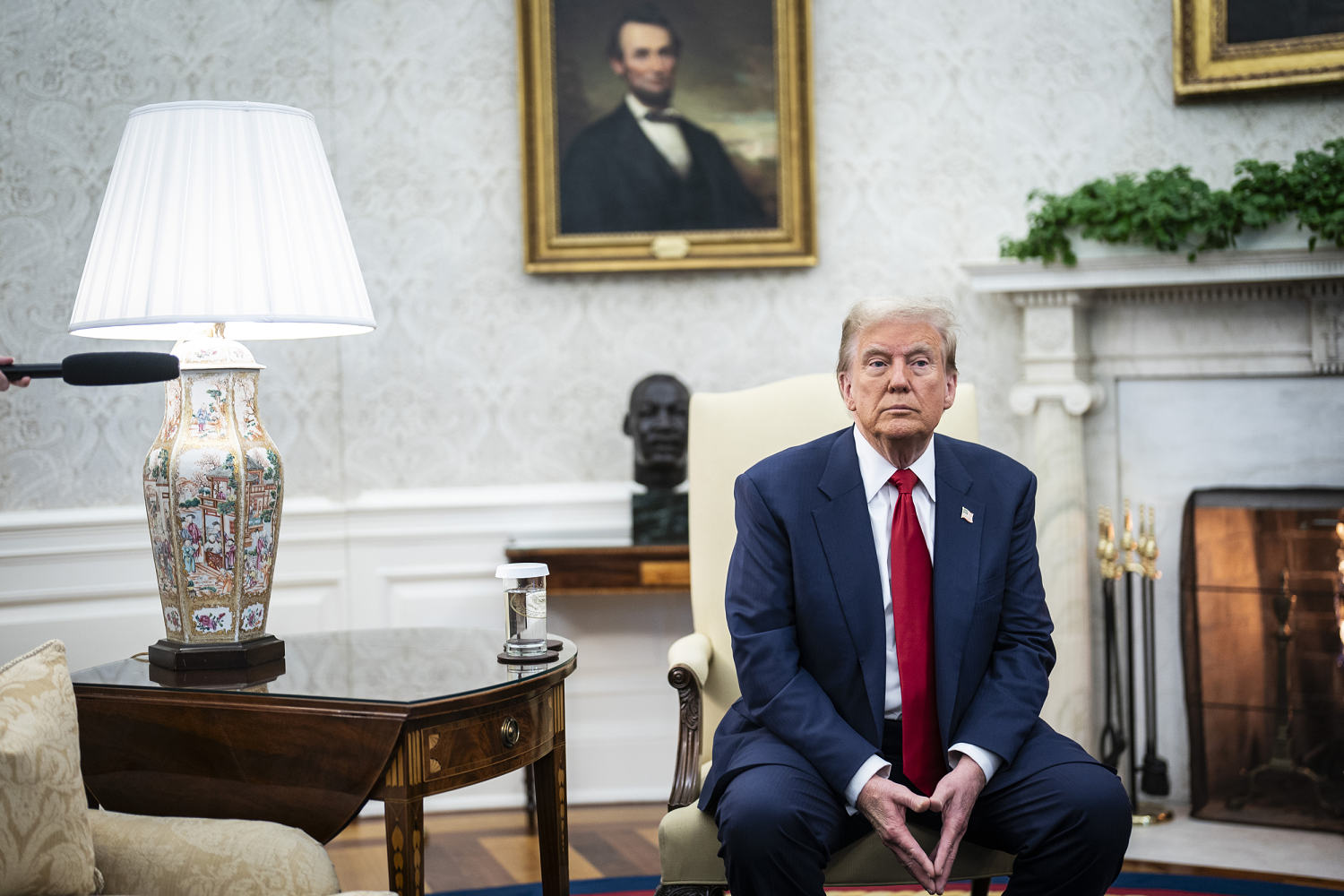
The cost of generic drugs for many people could go up if President-elect Donald Trump follows through on his promise to impose sweeping tariffs on products from China and other foreign countries, policy experts say.
During his campaign, Trump proposed blanket tariffs of 20% on all imports and tariffs of at least 60% on products coming from China.
The idea is that making foreign products more expensive would encourage US companies to source more and consumers to buy more products at home.
But experts say there’s one major flaw with that plan: Very few generic drugs are actually made in the US
Over the last several decades, drug generic manufacturing has become increasingly common moved overseas as production in the US has become less profitable.
Dr. Aaron Kesselheim, a professor of medicine at Harvard Medical School, said that about half of all generic drugs are manufactured overseas and that about 80% of all active pharmaceutical ingredients, or APIs, are produced abroad, in China, India and other places.
Generic drugs are the backbone of medicines prescribed in the US: They account for about 90% of all prescriptions filled, according to the Association for Accessible Medicinesa trade group that represents generic drugmakers.
If Trump doesn’t grant some kind of exemption, importing generic drugs is likely to become more expensive — a cost that could be passed on to patients or force more struggling generic drugmakers out of the USsaid Dr. Janet Woodcock, a former acting commissioner of the Food and Drug Administration
“I thought tariffs were to help domestic industry thrive and level the playing field,” Woodcock said. “But if there’s no domestic industry, what are you doing? You’re just passing higher costs on to the consumers.
“It just seems like the wrong tool for the problem, for drugs at least,” she added.
Arthur Caplan, the head of the medical ethics division at NYU Langone Medical Center in New York City, said that even if the tariffs are imposed only on the active ingredients — not the finished products — they could still cause an uptick in costs. Some ingredients for drugs are made overseas, but the drugs are finished and packaged in the US
“That’s where you’ve got to be careful,” he said.
Tariffs would also be unlikely to spur more generic drug manufacturing in the US Because generic drugs bring in so little profit, there’s little to entice drugmakers to invest in new domestic facilities, Woodcock said.
A squeeze on the generic drug industry?
Karoline Leavitt, a spokesman on Trump’s transition team, declined to say whether Trump planned to grant an exemption on generic drugs.
Leavitt said in a statement: “In his first term, President Trump instituted tariffs against China that created jobs, spurred investment, and resulted in no inflation. “President Trump will work quickly to fix and restore an economy that puts American workers by re-shoring American jobs, lowering inflation, raising real wages, lowering taxes, cutting regulations, and unshackling American energy.”
Kesselheim said the added cost would also worsen ongoing drug shortages.
The US is dealing with a shortage of several lifesaving medications, including chemotherapy drugs and IV fluids, as well as several common drugs, such as pain and ADHD medications.
According to the American Society of Health-System Pharmacistsa group that tracks drug shortages, there are 277 active drug shortages in the US, half of which have persisted for two or more years.
“The price and the cost of production, which includes shipping a product, and the supply chain are closely linked,” Kesselheim said. “When there are disruptions to the supply chain, like tariffs, that can lead to shortages, and it’ll raise prices.”
Any kink in the system, including natural disasters, can lead to shortages. That’s what happened this year when Catastrophic flooding from Hurricane Helene struck a facility owned by the country’s largest IV fluid manufacturerBaxter International, in North Carolina.
“We need redundancy. We need resilience. “We don’t want one manufacturer, in Indonesia or India or China, to be the one group that we rely on,” Woodcock said. “But the financial system, the purchasing system, in the United States is driving it towards a single or two winners.”
Kesselheim said the tariffs would increase the cost of brand-name drugs, too, although it’s unlikely that patients would notice a difference, as those are already extremely expensive.
That’s different from generic drugs, which are cheaper and are often sold at close to the cost for which they were made, he said.
“Brand-name drugs are sold at monopoly prices, often times hundreds or thousands of times the amount that they cost to produce,” he said. “Those somewhat increased costs of production are unlikely to have a substantial impact.”
With generic drugs, “it could quickly turn around and impact that price that patients pay,” he added.
What concerns Kesselheim the most is that tariffs could cause generic drug prices to skyrocket should more generic drug manufacturers drop out.
“If the tariffs make it so that they no longer feel like they can make a reasonable profit, then they stop selling,” he said. “And either that means that the remaining manufacturers in the market can raise the price even further because they have more market concentration or it means there’s a risk of shortage.”

